Coming Attraction: Ocean Crossing Autonomous Trimaran
Published on August 18th, 2015
A pioneering project has been launched which aims to design, build and sail the world’s first full-sized, fully autonomous unmanned vessel across the Atlantic Ocean.
The Mayflower Autonomous Research Ship, code named MARS, will use state-of-the-art wind and solar technology for its propulsion enabling an unlimited range. The revolutionary trimaran vessel will carry on board a variety of drones through which it will conduct experiments during its voyage.
It will be 32.5 meters long and 16.8 meters across (106.6 x 55.1 ft), with a glass/aramid/foam composite hull and a carbon composite deck. Using either or both of its two sails, MARS will be able to move at a speed of up to 20 knots. On less breezy days when the sails are automatically stowed, its solar-powered electric motor will still take it up to 12.5 knots. The solar cells should be able to generate enough current that if traveling at 5 knots under motor power, the ship’s range will be unlimited.
Following a year-long testing phase, the planned Atlantic crossing in 2020 will mark the 400th anniversary of the original Mayflower sailings from Plymouth, England to Plymouth, Massachusetts, USA.
Project MARS is being developed by a partnership of Plymouth University, autonomous craft specialists MSubs, and Shuttleworth Design.
John and Orion Shuttleworth of Shuttleworth Design state:
“Our approach to developing the concept was to fully explore and take advantage of the opportunities that arise from not having to carry crew, and to create a vessel that is capable of using only renewable energy. Working within the limitations of renewable energy sources has given a clear direction to the developing form of the vessel. The solar cell area required for effective motoring is too large for efficient sailing and safety in large waves. To overcome this we are developing a folding wing system to increase the solar cell area by 40% in calm conditions.
“A trimaran was chosen because it provides the most efficient hull form for low speed motoring. The hull configuration developed from a requirement to reduce windage, while keeping the solar array sufficiently high above the water to reduce wave impact. Without the need for accommodation, the centre hull has been kept low to the water and the wings and deck are separated and raised above on struts. This allows waves to break through the vessel and significantly reduces roll induced by wave impact. The outer hulls are designed to skim the water reducing resistance by 8%.
“The two masted soft sail rig, which will enable a top speed of around 20 knots, is designed to work with both or either sails hoisted, giving three sail combinations for varying wind speeds. Each sail is simply controlled by a single sheet, and the sails can stow into the deck taking up minimal space. Stowing the sails while motoring reduces windage and eliminates shadows cast over the solar cells on the deck, while allowing the masts to stay standing to carry navigation lights.”
Professor Kevin Jones, Executive Dean of the Faculty of Science and Engineering at the University, states:
“MARS will be a genuine world-first, and will operate as a research platform, conducting numerous scientific experiments during the course of its voyage. And it will be a test bed for new navigation software and alternative forms of power, incorporating huge advancements in solar, wave and sail technology. As the eyes of the world follow its progress, it will provide a live educational resource to students, a chance to watch, and maybe participate in history in the making.”
Plymouth-based firm MSubs will be leading on the construction, using their expertise in building autonomous marine vessels for a variety of global customers. Managing Director Brett Phaneuf states:
“The project will confront current regulations governing autonomous craft at sea”. He also confirms that conversations have already been initiated with bodies such as the Maritime and Coastguard Agency and DNV GL, the international certification and classification society. “While advances in technology have propelled land and air-based transport to new levels of intelligent autonomy, it has been a different story on the sea”. Brett states. “The civilian maritime world has, as yet, been unable to harness the autonomous drone technology that has been used so effectively in situations considered unsuitable for humans. It begs the question, if we can put a rover on Mars and have it autonomously conduct research, why can’t we sail an unmanned vessel across the Atlantic Ocean and, ultimately, around the globe? That’s something we are hoping to answer with MARS.”
“The vessel will conduct all manner of meteorological, oceanographic and climate data gathering and research. It is intended to house one or more modular payload bays, much like a Space Shuttle, into which a diverse range of mission equipment will be fitted to support the various research tasks. Equally important, we will be conducting research on renewable energy and propulsion systems for marine vessels, research on the software for automated and autonomous operations for extended duration, advanced satellite communications and co-operative behaviour between nested automated and autonomous vehicles operating below, on and above the water simultaneously. We’ll also be looking at data harvesting issues – how to know when something is significant enough to alert the scientists at mission control in Plymouth (UK) and Plymouth (USA) and perhaps ‘goal oriented programming’ to create dynamic mission plans that better serves the scientific goals of a specific mission without significant human intervention through direct operation of the Mayflower Autonomous Research Ship.
“An Atlantic crossing could take as little as 7-10 days with optimal wind conditions but what’s important is that it could take 7 – 10 months if we so choose, so that the ship could collect voluminous data for ongoing analysis by shore based teams of scientists and not worry about refuelling, or re-provisioning, or illness…..or loneliness. It is optimized to be AT-SEA supporting science, not racing across the Atlantic, however speed will be useful when the MARS needs to head to remote areas of the globe and again, collecting data all along the way!
“MARS will be monitored continuously therefore vandalism and piracy is a minor concern when compared with concerns about structural, mechanical, electrical, corrosion and software issues….the sea can be punishing on equipment and there will be no one present to repair the vehicle, hence it will need to have redundant systems and be as robustly built as possible using the latest in composite materials.”
The multi-million pound project is part of the University’s ‘Shape the Future’ fundraising campaign, recently launched at the House of Lords. Initial funding has been provided by the University, MSubs, and the ProMare Foundation, and corporate and private sponsorship will be sought for ongoing support. MARS will also create a large number of student internship opportunities for the University.
Christian Burden, Director of Development at the University, states:
“MARS represents the very essence of the fundraising campaign we have recently launched at the University. Not only does it reflect the values and characteristics of the University, but it is also a game changing project in every sense, one that will transform lives and have an enormous impact on the maritime and marine industries. This project has ambitious aims and we hope to learn much from it. We are actively seeking partners and potential funders who would like to be involved with this ground breaking project, and anyone who is interested is welcome to contact the University’s Development Office by emailing campaign@plymouth.ac.uk
Source: Shuttleworth Design


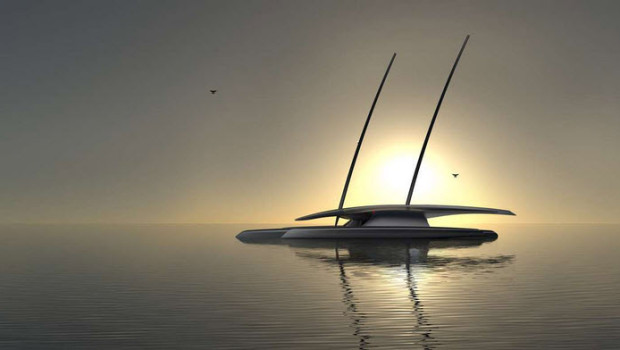

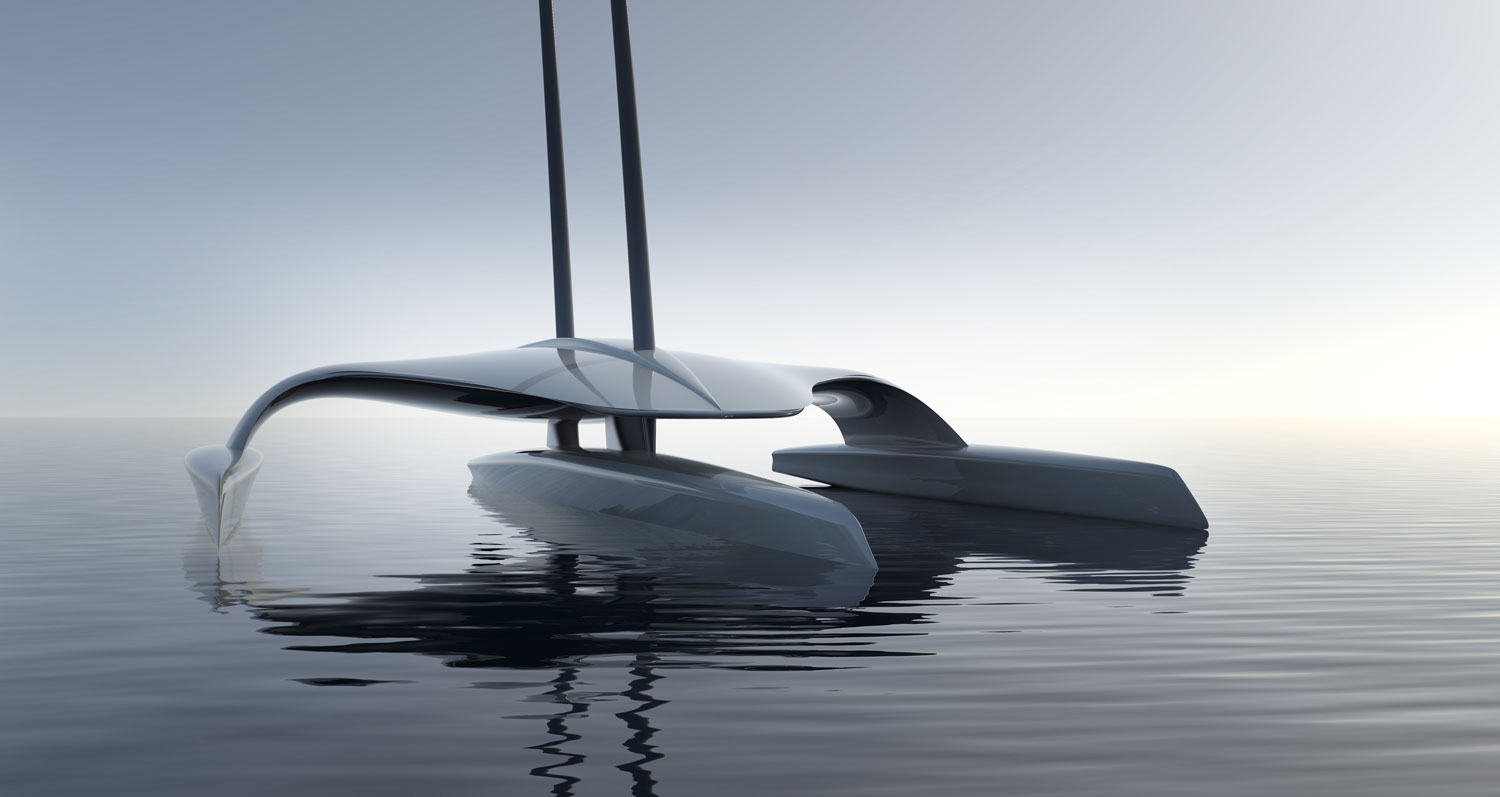
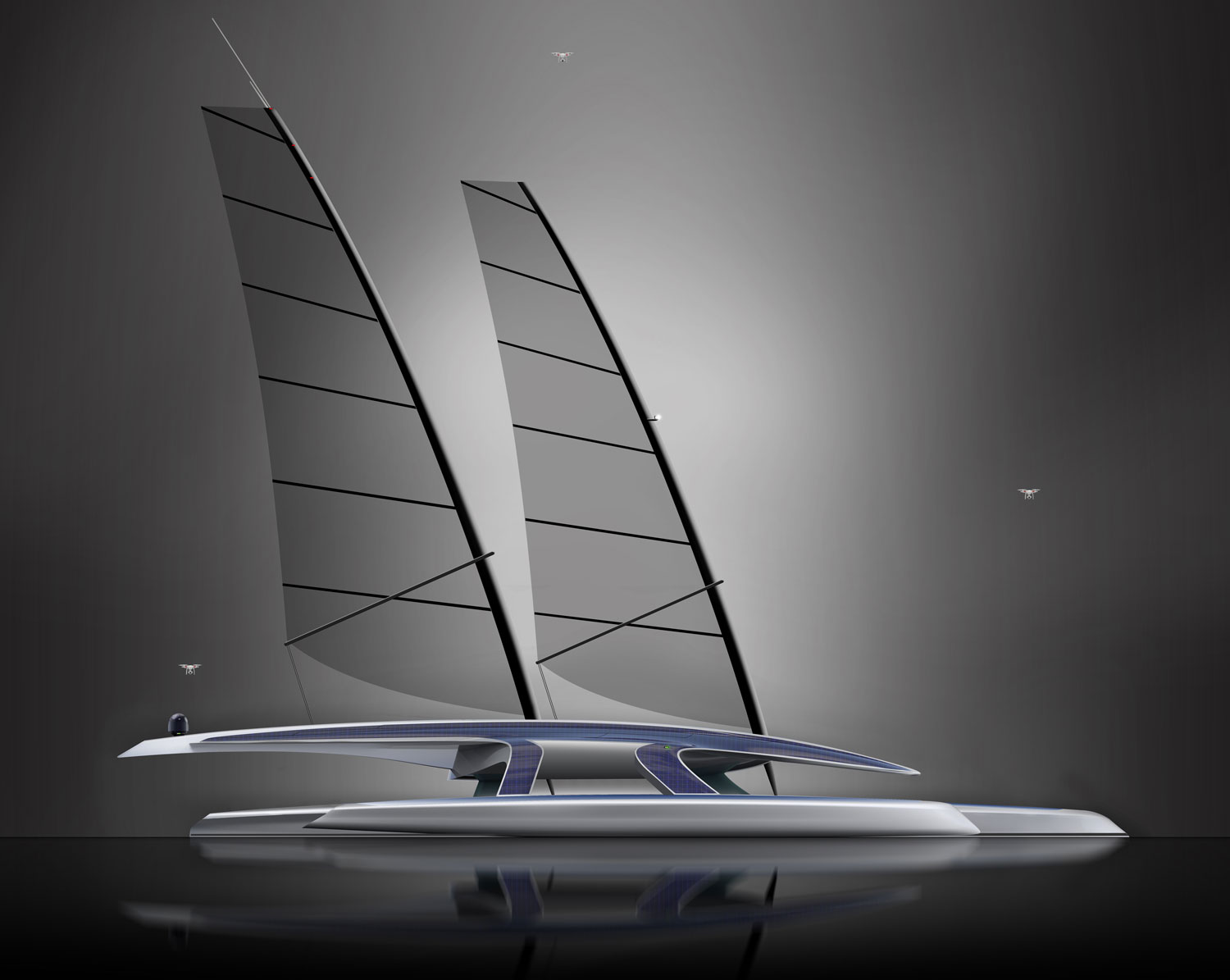
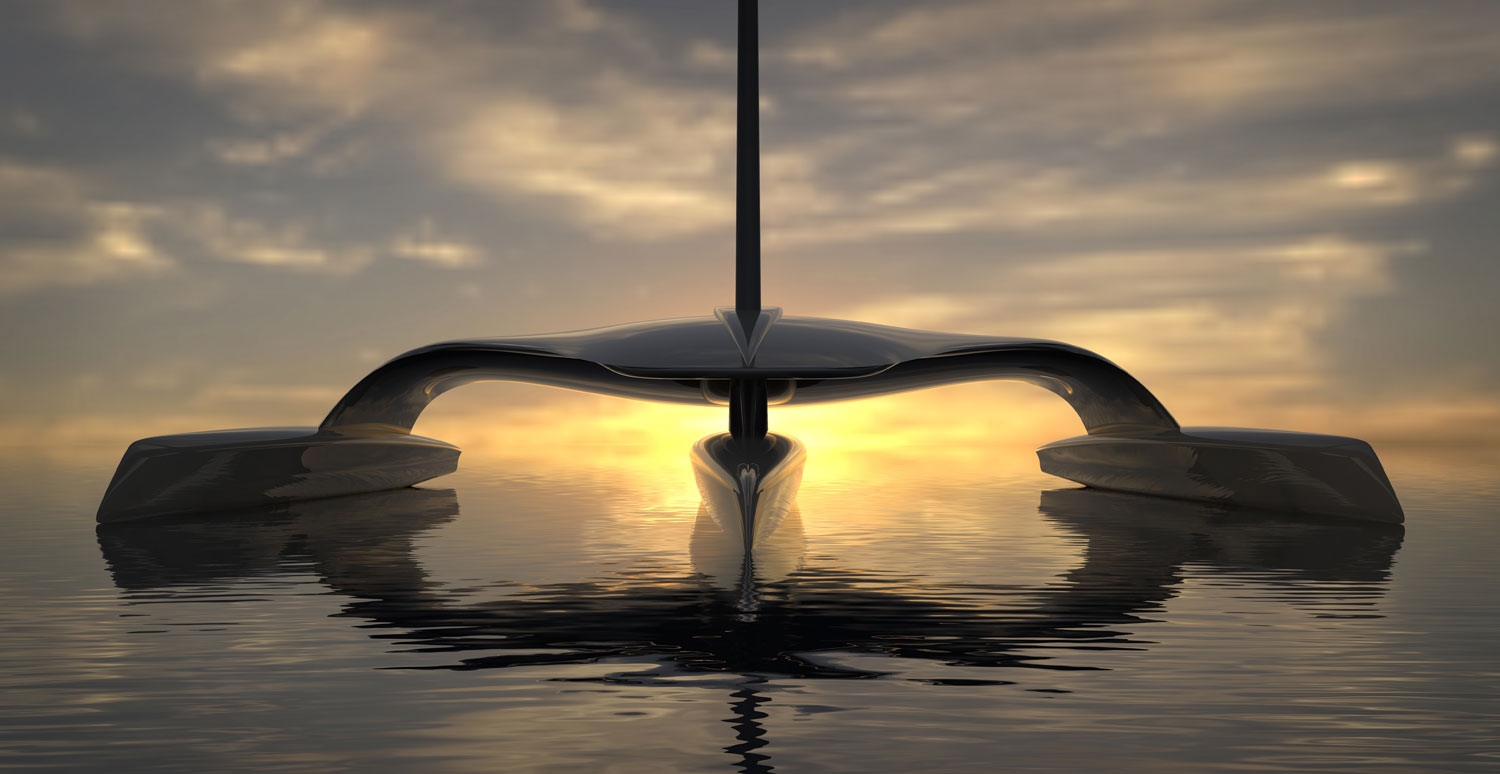

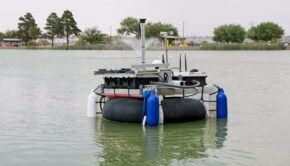

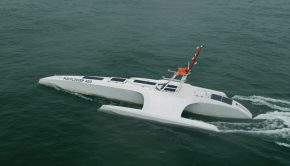

 We’ll keep your information safe.
We’ll keep your information safe.